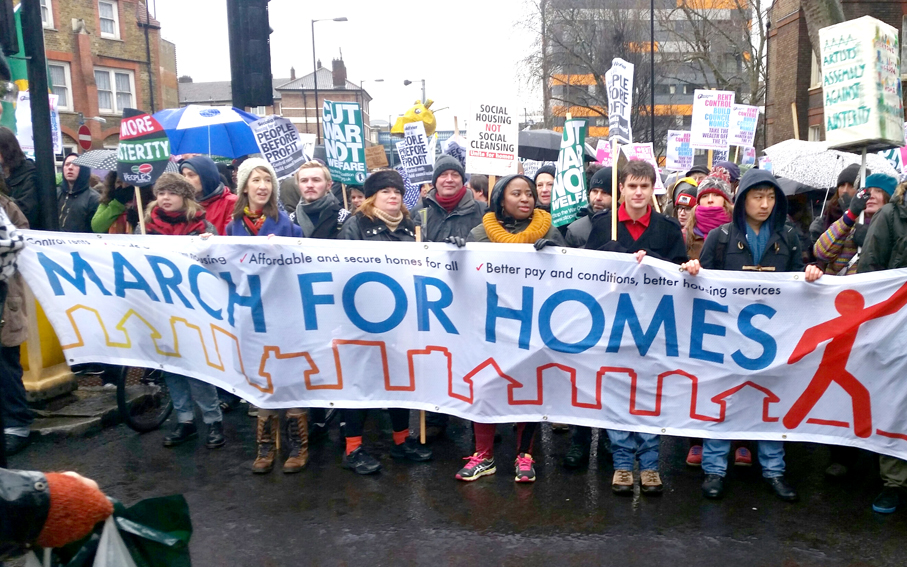LONDON’S housing crisis is ‘spiralling out of control’, warns the Centre for London (CfL).
Last Wednesday, the independent think tank hosted the London Housing Summit, highlighting the challenges of, and possible solutions to, the housing crisis.
It warned: ‘Labour’s ambitious house building targets for London won’t address the effects felt by Londoners today – from ill health caused by damp and mould, to the astronomical financial and social costs of temporary accommodation, to endless waits for social housing.’
According to data collected by the Combined Homelessness and Information Network (CHAIN), there was an 8% increase in rough sleeping in the capital on the same period in 2024.
New rough sleepers account for almost half (47%) of the total number of those sleeping rough, intermittent rough sleepers account for 39% and 16% of the recorded number of rough sleepers were living on the streets.
CHAIN’s latest annual report for 2024/25 reveals rough sleeping in London has reached an ‘all time high’.
London had 4,427 rough sleepers between January and March 2025.
The umbrella group representing London’s boroughs has said the current spending on temporary accommodation is ‘unsustainable’ and puts many councils at risk of becoming ‘effectively bankrupt’, creating ‘massive uncertainty’ to the future of local services.
London Councils say boroughs overspent on the 2024/25 homelessness budget by £330m – with spending in this area increasing by 68% in a single year.
According to its recent analysis, more than 183,000 Londoners are currently homeless and living in temporary accommodation such as hostels arranged by their local boroughs.
This includes 90,000 children, which equates to more than one per classroom, London Councils say.
The human impact of these figures is something the Housing and Mental Health Network aims to highlight to policymakers.
Speaking at the London Housing Summit, Dr Sally Zlotowitz, co-chair of the network, said it was a ‘growing concern’ that people in temporary accommodation were ‘internalising an issue that is a structural crisis’.
London Councils executive member for housing, Grace Williams, has labelled this an ‘emergency’ that was ‘devastating the lives of too many Londoners’.
The organisation has called on the government to support councils by increasing funding for both short term temporary accommodation needs and longer-term solutions – like boosting grant funding for affordable housing.
Meanwhile, the government has been urged to take action after research found more than half of London’s short-term holiday let properties are being rented out unlawfully.
A report by Central London Forward, a partnership of inner city boroughs, revealed more than 50% of the 117,000 short-term lets listed across the capital in 2024 were booked for more than 90 days a year, in breach of regulations.
Landlords cannot legally rent out their homes in the capital for more than 90 nights a year under regulations.
They are only allowed to let their homes out for more than 90 nights a year, on short-term lets, if they receive planning permission from the council.
Speaking at the Centre for London think tank’s annual housing summit on Wednesday, Westminster City Council leader Adam Hug said his borough was ‘at the epicentre of the problem’, with short-term lets concentrated in ‘the West End, Bayswater, Lancaster Gate and parts of Pimlico’.
